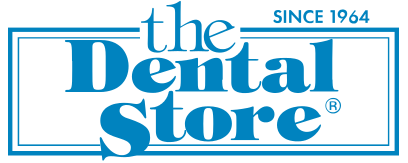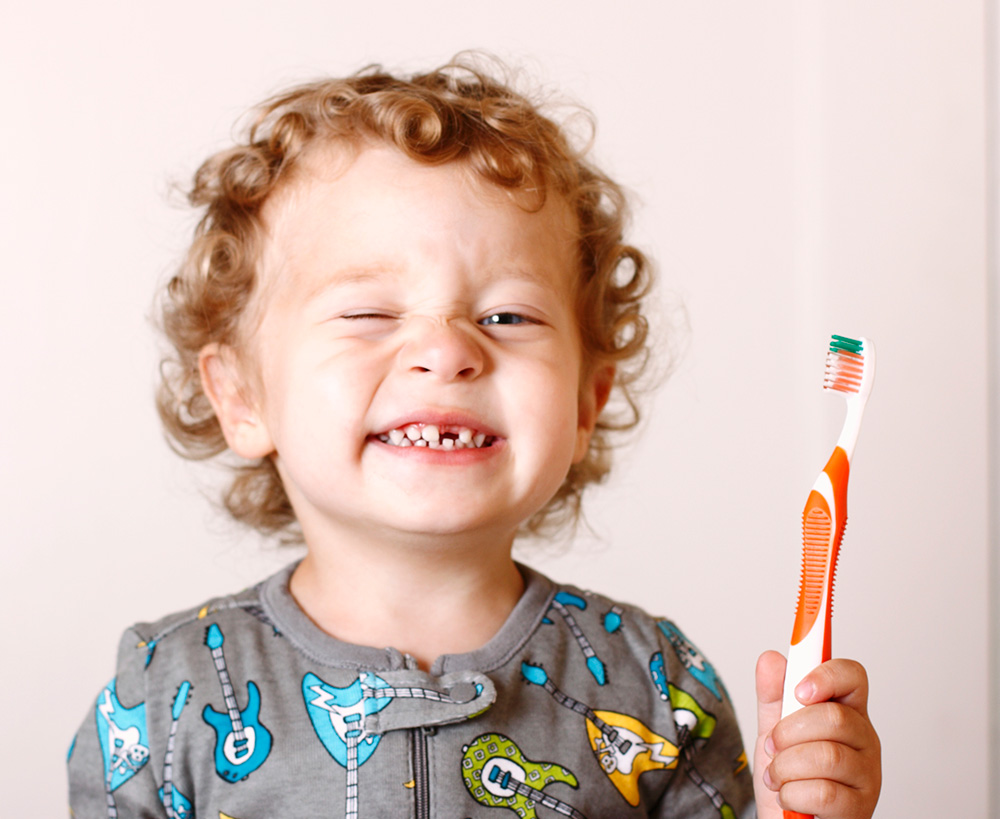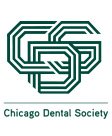Keeping Tiny Teeth Healthy are major achievements for babies and toddlers.
Getting their first tooth around six months should be a time to pull out your camera and take some photos but what’s next? How do you clean their teeth? Are baby teeth even important? Most parents are unaware how to care for their baby and toddlers teeth. Let’s dive into some top tips to keep tiny teeth healthy.
- Take your child to the dentist at the Dental Store as soon as their first tooth erupts or by their first birthday. At their first visit the doctor can evaluate their tongue, checking for a tongue tie, and also check for any developmental issues. The hygienist can give you encouragement and support on how to care for your little one’s teeth.
- Parent’s should brush their children’s teeth, two times a day, as soon as the first tooth starts to erupt. Use a soft, age specific, toothbrush to help remove food and debris from their teeth. Training toothpaste without fluoride is recommended if they cannot spit the paste out on their own. If your child can spit, you can transition to a toothpaste with fluoride, but remember only a tiny smear or less than pea sized amount is recommended.
- Never give your baby or toddler a bottle or sippy cup with milk, formula, juice, or sugary beverages to take into their crib or bed to help them go to sleep. The sugar turns into acid which can cause tooth decay and erode their teeth.
- Avoid sharing toothbrushes, drinks, straws, utensils or licking their pacifier to clean it off. Children do not have the cavity causing bacteria, Streptococcus mutans, naturally until age five or six. However, most children acquire S. mutans through saliva transmission from their parents or older siblings.
- When two teeth are touching, it is time to start flossing. You will need to floss for your child, they cannot do it by themselves. Lead by example and let them watch you floss your teeth first, then help them floss. There are some fun new floss sticks for children to encouraged the habit.https://www.instagram.com/p/BXlrT8pg99X/?utm_source=ig_web_copy_link
- Around age one, limit the pacifier to nap times and bed time only. By age two, your child should be weaned from all pacifier use. Prolonged pacifier use can stunt growth of the palate, cause an open bite where the front teeth do not come together and can negatively affect your child’s speech development.
Children learn by example, good oral hygiene habits start at home when they are watching you. Show your toddler the importance of brushing twice a day and flossing at least once a day. Take them to the dentist while you’re getting a cleaning to start to introduce them to the sights and sounds they will encounter. Lastly, make it fun and exciting! Use stickers and non food related rewards to encouraged good hygiene habits.





